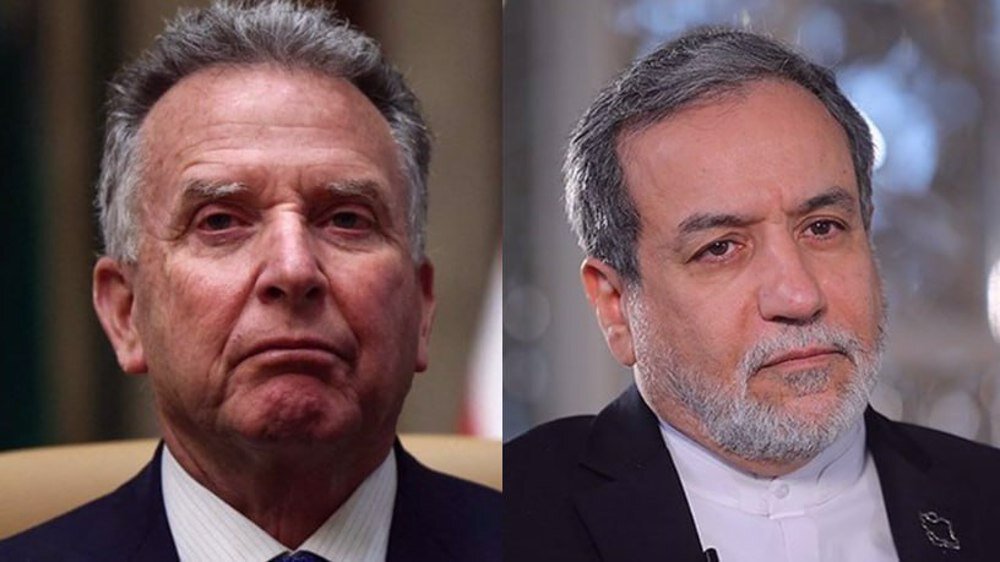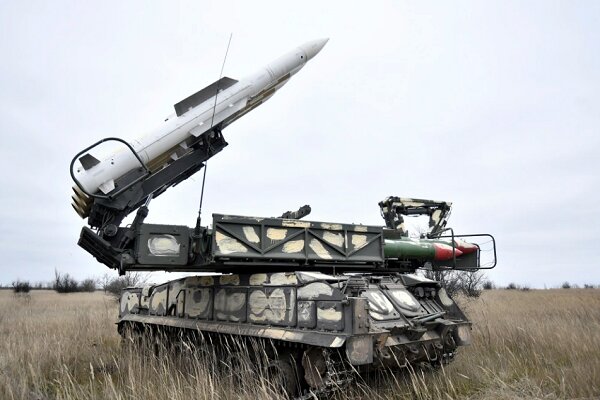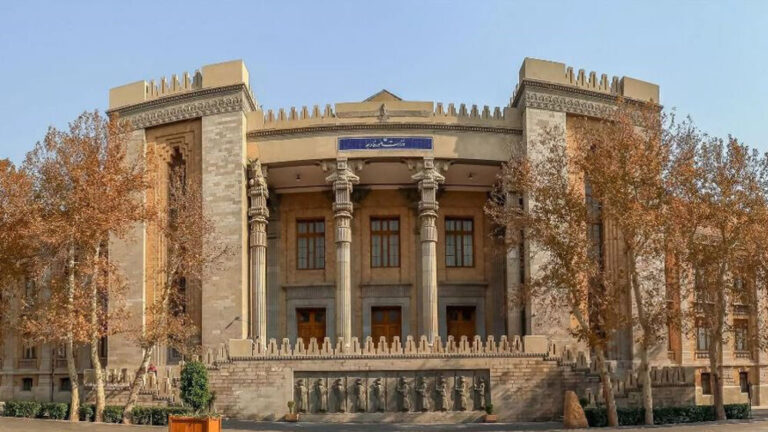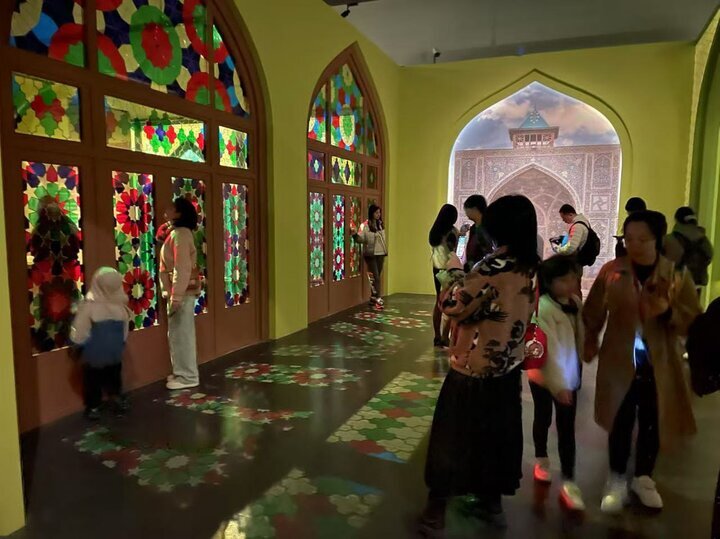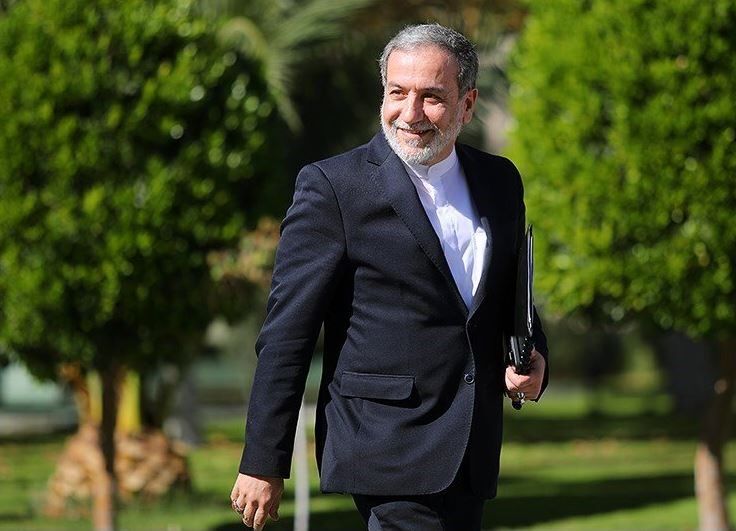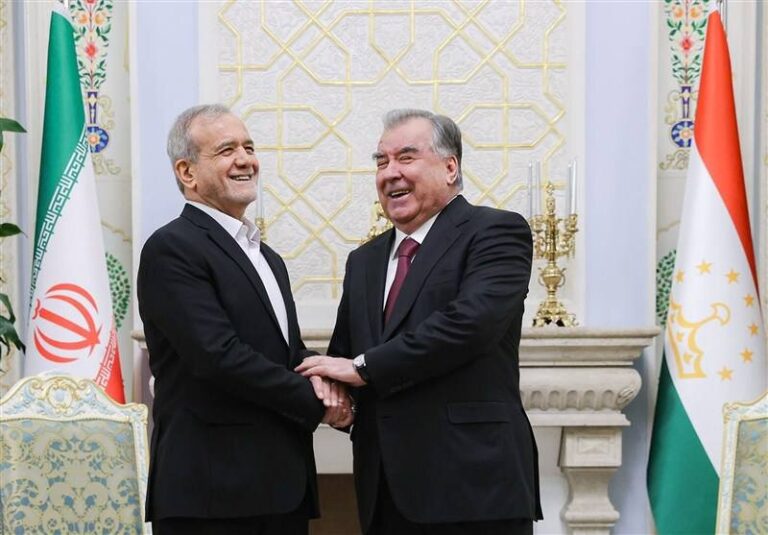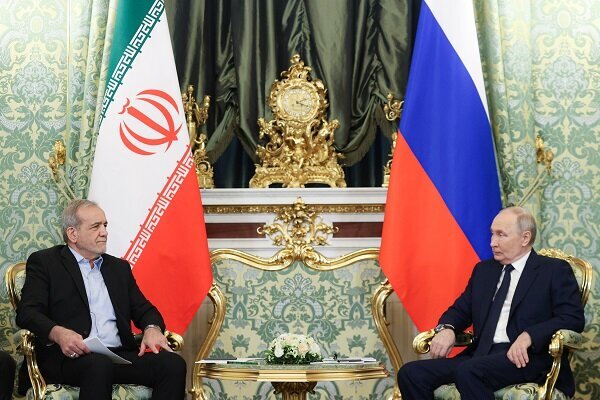Iran’s Foreign Ministry Unveils Key Insights on US Negotiations: What You Need to Know
In recent developments, Iran’s Foreign Ministry Spokesman Esmaeil Baghaei discussed the current state of negotiations between Iran and the United States regarding nuclear issues and sanctions relief. This interview, aired on Iran’s state television, highlighted the specific focus of these indirect talks, which are taking place in Oman.
Baghaei clarified that the discussions are strictly centered around nuclear matters, excluding other significant topics such as Iran’s regional role and missile capabilities. This clear delineation of topics is crucial for understanding the current diplomatic landscape between Iran and the U.S.
Here are the key points from Baghaei’s interview:
- Focus on Nuclear Issues: The negotiations are solely about Iran’s nuclear program and the associated sanctions relief.
- Exclusion of Other Topics: The draft presented by U.S. Special Envoy Steve Witkoff does not address Iran’s regional involvement or security issues.
- Peaceful Nature of Nuclear Program: The U.S. is seeking guarantees regarding the peaceful intentions behind Iran’s nuclear activities.
- Commitment to Nuclear Discussions: Iran is committed to engaging solely on nuclear issues, emphasizing that other discussions are not on the table.
During the interview, Baghaei emphasized that the American side has thus far adhered to this agreed framework. He underscored Iran’s steadfast position in these negotiations, stating, “the Iranian delegation does not consider talks outside of this scope.” This highlights Iran’s strategy to focus exclusively on nuclear-related discussions, which they view as critical to any potential agreement.
Moreover, Baghaei’s remarks indicate a significant diplomatic stance where Iran seeks to maintain a clear boundary regarding the topics of discussion with the U.S. By refusing to engage in conversations about regional security or missile capabilities, Iran is effectively narrowing the field of discourse to what they deem most crucial: their nuclear program.
This approach may also reflect Iran’s broader strategy in international diplomacy, where they aim to protect their sovereignty and avoid concessions on issues they consider vital to national security. The insistence on focusing solely on nuclear matters shows Iran’s desire to control the narrative surrounding their nuclear ambitions and to prevent a broader dialogue that could lead to unfavorable outcomes.
As the negotiations continue, it remains to be seen how the U.S. will respond to Iran’s clear demarcation of discussion topics. The ongoing talks in Oman represent a critical juncture in U.S.-Iran relations, particularly as both nations navigate the complex landscape of international diplomacy and security.
In summary, Esmaeil Baghaei’s statements reflect Iran’s focused approach to negotiations with the United States, emphasizing that their primary concern lies within the realm of nuclear issues and sanctions relief. By delineating the topics of discussion, Iran aims to engage in a dialogue that aligns with their national interests while seeking to reassure the international community of the peaceful intentions behind their nuclear program.
As the situation develops, analysts and observers will be closely monitoring these negotiations, looking for any shifts in strategy from either side that could impact future relations and stability in the region.
